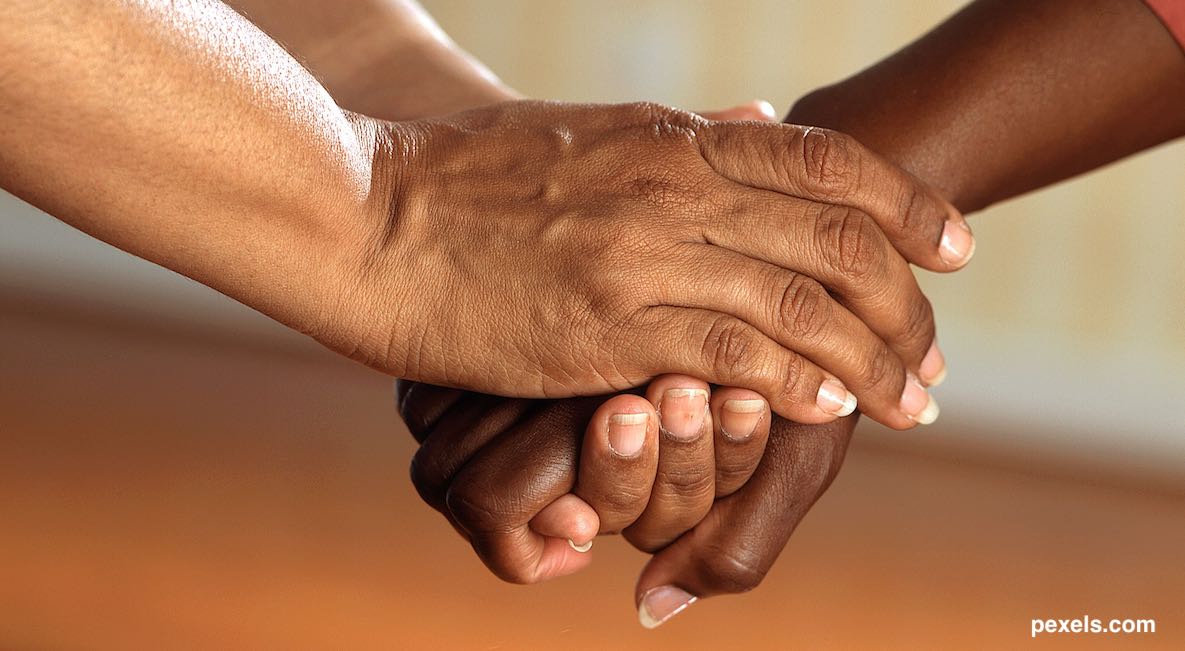In California, where assisted suicide became legal three years ago, officials have noticed something puzzling: most of the people taking advantage of the ability to have so-called “death with dignity” are white, with minorities refusing the opportunity to take their own lives. And it’s not just in California; the same effect has been seen in other states as well, leaving advocates questioning why.
The California Department of Public Health has been tracking the demographics of people who take advantage of assisted suicide since the law was passed in 2016, and found that 88 percent of people using it are white. Jill Weinberg, a sociologist at Tufts University, said the same thing has been happening in other states with legalized euthanasia, like Vermont and Oregon. But she expected California to be different. “California is the first state in which we’re starting to expect to see more diversity,” she said in an interview with Capital Public Radio. “And in fact, we’re not seeing that.”
READ: Justice Clarence Thomas gives epic history lesson on abortion and eugenics
According to geriatrician Vyjeyanthi Periyakoil, minorities trust doctors less and get diagnosed with serious illnesses later, which Periyakoil says means they have less time to think about their “options.” But Elana Shpall, another geriatrician, told Capital Public Radio that it comes down to philosophical differences as well. “We talk a lot about their end of life choices and planning for the future, and most of them say something like ‘when God wills it, it will be my time’,” she said. “Based on my population, I would say it’s a big cultural barrier.”
Meanwhile, assisted suicide advocacy organization Compassion and Choices — formerly known as the Hemlock Society — claims that it just needs to be sold better so minorities can kill themselves, too. “The information that’s written right now is written primarily for a white audience,” executive director Kim Callinan told Capital Public Radio. “We need to have messages and materials that will resonate given the culture and the community we’re trying to reach, from credible messengers in that community.”
If people truly want to understand what makes minorities less likely to undergo assisted suicide, Washington, D.C. would be a good place to start looking. Black residents vocally opposed the bill, which passed anyway. Leona Redmond, a community activist who fought against the legislation, didn’t mince any words.
“Because of Jim Crow laws . . . we didn’t have the opportunity to have the same jobs, to have the same insurance, the same retirement benefits,” Redmond said to the Washington Post. “It’s really aimed at old black people. It really is.” She likewise pointed out that the advocates pushing for it “are not people who look like me.”
Rev. Eugene Rivers III, a black minister from Boston who helped a group called No DC Suicide, was more explicit, calling assisted suicide “back end eugenics.”
READ: Could the funding of abortion by wealthy Americans be rooted in eugenics?
The exact concerns these residents have had proven to be valid, looking at places where assisted suicide is legal around the world. In Belgium, for example, a father of four children who suffers from a rare blood disorder is planning to be euthanized because he cannot afford the expensive medication he needs in order to live. In the United States, in both California and Oregon, insurance companies have refused to pay for people’s treatment, while offering to pay for assisted suicide instead, even though the patients had not requested to die or shown any interest in it. “As soon as this law was passed, patients fighting for a longer life end up getting denied treatment, because this will always be the cheapest option,” Stephanie Packer, a California resident who has been fighting a terminal illness and opposes assisted suicide, has said.
Black Americans live below the poverty line at a rate more than double that of white Americans, and they suffer poorer health care outcomes than white Americans. According to Families USA, a non-profit health care advocacy organization, Black Americans get lower quality care in numerous areas, including “pain management, asthma treatment, and even getting a simple aspirin in the ER when they present with angina.”
Given this information — the poverty rates, the poorer health care, the injustices black Americans have faced in the past and still face today — it’s not difficult to figure out why black Americans and other minorities are not willing to jump on board the assisted suicide bandwagon. Assisted suicide inherently preys on people at their most vulnerable, people who are poor, elderly, disabled, and ill. It’s disturbing to know that the assisted suicide lobby’s next move is to learn how best to manipulate vulnerable people into thinking death is their best and only option.
“Like” Live Action News on Facebook for more pro-life news and commentary!







